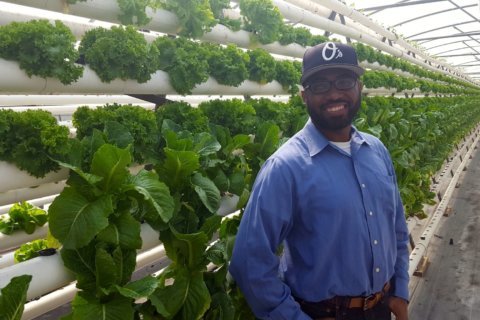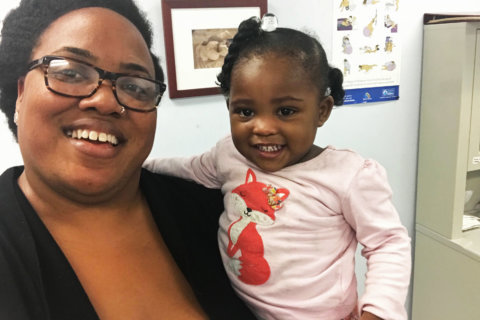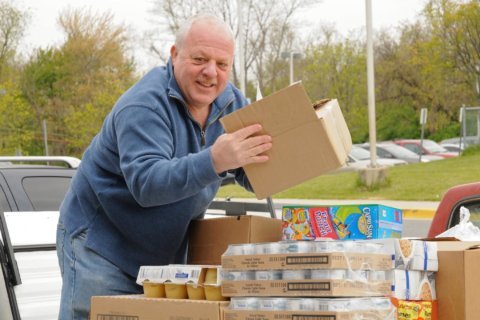WASHINGTON — Food insecurity — or the state of being without reliable access to affordable and nutritious food — affects nearly 40 million Americans, and can lead to a number of negative health outcomes, including hypertension, diabetes, obesity and other chronic illnesses.
In the U.S., food insecurity is concentrated in households with children, according to government data, and for pregnant women, the consequences of meal uncertainty stretch beyond mom’s health. Inconsistent food access can lead to low birth weight and a greater risk for birth defects, such as cleft palate and spina bifida.
But a relatively new program in D.C. is hoping that several months of healthy, hearty meals can make a big difference in the health of young families.
Last summer the nonprofit Food & Friends ramped up its collaborative effort with AmeriHealth Caritas District of Columbia to deliver nutritious, chef-prepared meals to 340 expectant mothers and their families enrolled in AmeriHealth’s Bright Start maternal health program.
“If you are struggling to make ends meet, if there aren’t healthy food options in your neighborhood … that’s just an additional barrier that a new mother or pregnant woman would have in taking care of herself and taking care of her family,” said Carrie Stoltzfus, executive director of Food & Friends, which for the last 30 years has been delivering free, nutritionally specific meals to local residents facing life-challenging health conditions.
“Each meal plan is designed for the needs of what the mom is living with … and we’re bringing food to them at home.”
Stoltzfus said the program’s meal recipients are mostly women living in D.C.’s Wards 7 and 8, an area considered a food desert since a total of three grocery stores service more than 160,000 residents. Six days worth of dietitian-tailored meals, with enough food to feed the expectant mother and her children, are delivered throughout the duration of the pregnancy and eight weeks past delivery.
Participants also receive nutrition counseling throughout the program.
“We really want to set people up to succeed,” Stoltzfus said.
“We are providing the access to food and the knowledge about food hand-in-hand. Everything that they learn from their conversations with [the dietitians] is knowledge that they can continue to use in their lives even beyond when the meals end.”
Stoltzfus said the program is designed to meet people where they spend most of their time — at home, not at the doctor’s office. And she thinks it could serve as a model for other community health initiatives.
“We’ve known that [delivering food to a person’s home] works for a really long time,” Stoltzfus said.
“If we address a need that they’re facing at home, that is going to have a health impact and a cost impact and gives these women a healthier pregnancy, a better start to their child’s life.”







